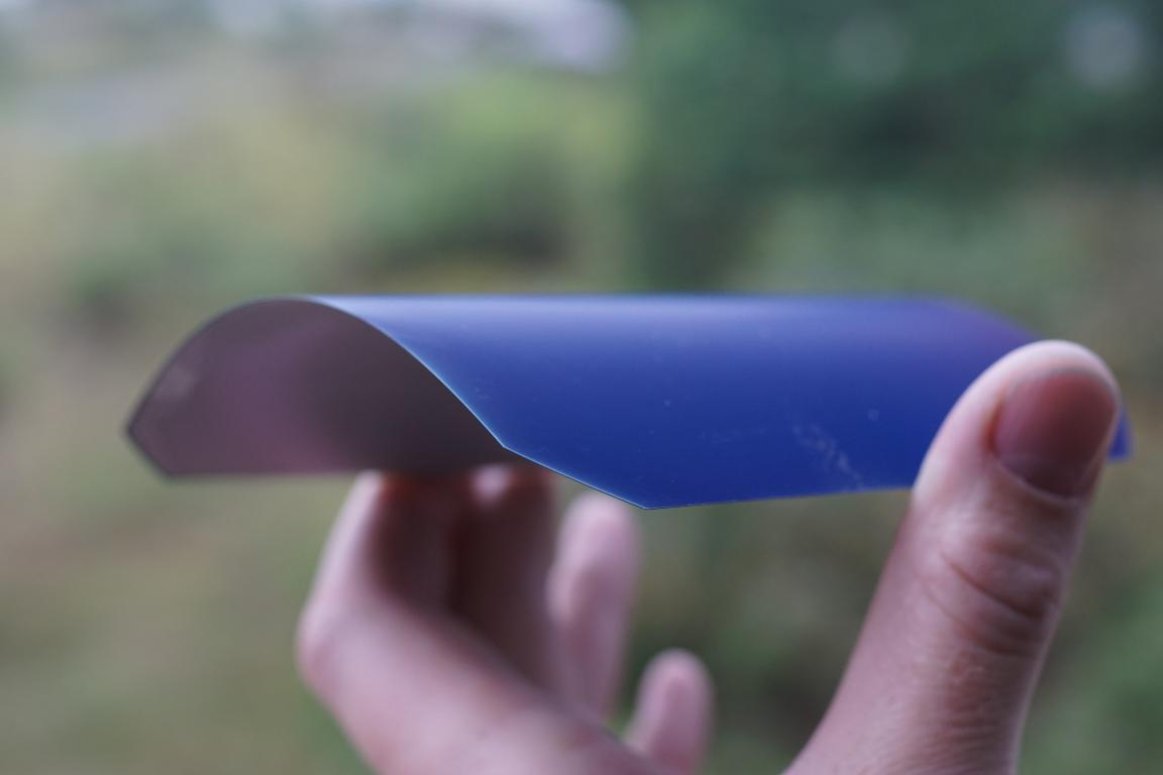
1. The name of the cell manufacturer
Knowing the name of the manufacturer allows you to determine what tier they are. While there are multiple ways that solar panels are ranked into tiers, we will use the system created by Navigant Research at Guidehouse Insights for the purpose of this article. Keep in mind that rankings are not a guarantee of quality but they are usually a good indicator of it. You can also check out the annual PV Module Reliability Scorecard published by PVEL.
Greentech Renewables only offers tier one solar panels because their companies are
-
vertically integrated, meaning they control the production process from silicon cells to panel assembly.
-
They dedicate part of their company to research and development towards improvement of the technology.
-
Manufacturing processes are mostly automated which allows for a higher standard of quality.
-
They have been producing solar panels for a minimum of 5 years which showcases their bankability and commitment to quality in such a young industry.
Beyond tier one modules, the R&D standards needed to develop a long lasting panel cannot be guaranteed. Choosing tier two or three solar panels also runs the risk of purchasing from a manufacturer who won’t be in business by the time the panels have reached end of life.
2. The type of glass used and the manufacturer
The type of glass used on a solar panel can make all the difference when it comes to power production. This is because low quality glass can cloud over time and reduce solar panel efficiency. Additionally, glass that breaks easily can be not only a safety issue but can cause damage to the module by allowing water or dirt to dust to slip through.
Tempered glass is the industry standard for tier one modules. Anything else should be seriously assessed before making a decision to buy.
3. Encapsulant supplier and thickness
Encapsulants should be manufactured using UV-resistant ethylene-vinyl acetate (EVA). The is because prolonged UV exposure can cause browning of non-UV stable EVA-based encapsulants which reduces light transmittance.
4. Type of edge seal (silicone/tape/glue) and the manufacturer
Silicon-based sealants have been field proven for more than 25 years and should be noted as the standard for sealing and fixing frames and junction boxes in PV panels. Avoid manufacturers that use double sided tape to fix frames as it has been found to become brittle and crack after only a few years in the field, allowing moisture and delamination damage to occur.
5. Backsheet manufacturer and construction
Backsheet failure can result in significant power loss and safety issues ranging from power degradation to bodily harm. Research conducted by Dupont Energy found that up to 40% of panels with at least two years of exposure in the field exhibit some degree of backsheet degradation.
To avoid using panels prone to degradation, do not use backsheets with non-UV resistant polyvinylidene difluoride (PVDF) film. Instead, look for backsheets that are made with UV-blocking polyvinyl fluoride (PVF) film.
In the same study by Dupont, they found that of the oldest panels still in operation, those with PVF-based backsheets are exhibiting less than 1% power degradation year over year while still performing well.
Dupont’s backsheets are now used in all JinkoSolar solar panels sold by Greentech Renewables, allowing customers to have confidence that they will perform in the field, year after year after year.
6. Junction box material, sealing/fixing method and manufacturer
Since moisture intrusion into the electrical connections inside the junction box can cause catastrophic damage to the modules, the type of adhesive used to mount the junction box is critical to the panels durability.
New advances in both liquid and tape adhesives provide a range of options for junction box mounting and sealing each with their own benefits and drawbacks. Knowing the level of experience the manufacturer has building and adhering the junction boxes will give you an idea of the expected reliability of the modules over their lifetime.
7. Connector type and manufacturer
Connectors are critical to keeping the energy flowing in every solar installation. Ensuring that they are designed to sustain exposure to the elements over the lifespan of the solar panels will prevent drops in system performance.
Many solar panel manufacturers also make their own connectors but will not void warranties if Multi-contact and Amphenol connectors are mated with their modules.
Whatever your solar equipment needs, you can count on Greentech Renewables to deliver quality tested products that you can use with confidence for solar installations of any size. To learn more about what makes a durable solar panel and why we choose the manufacturing partners we do, talk to your account manager today.